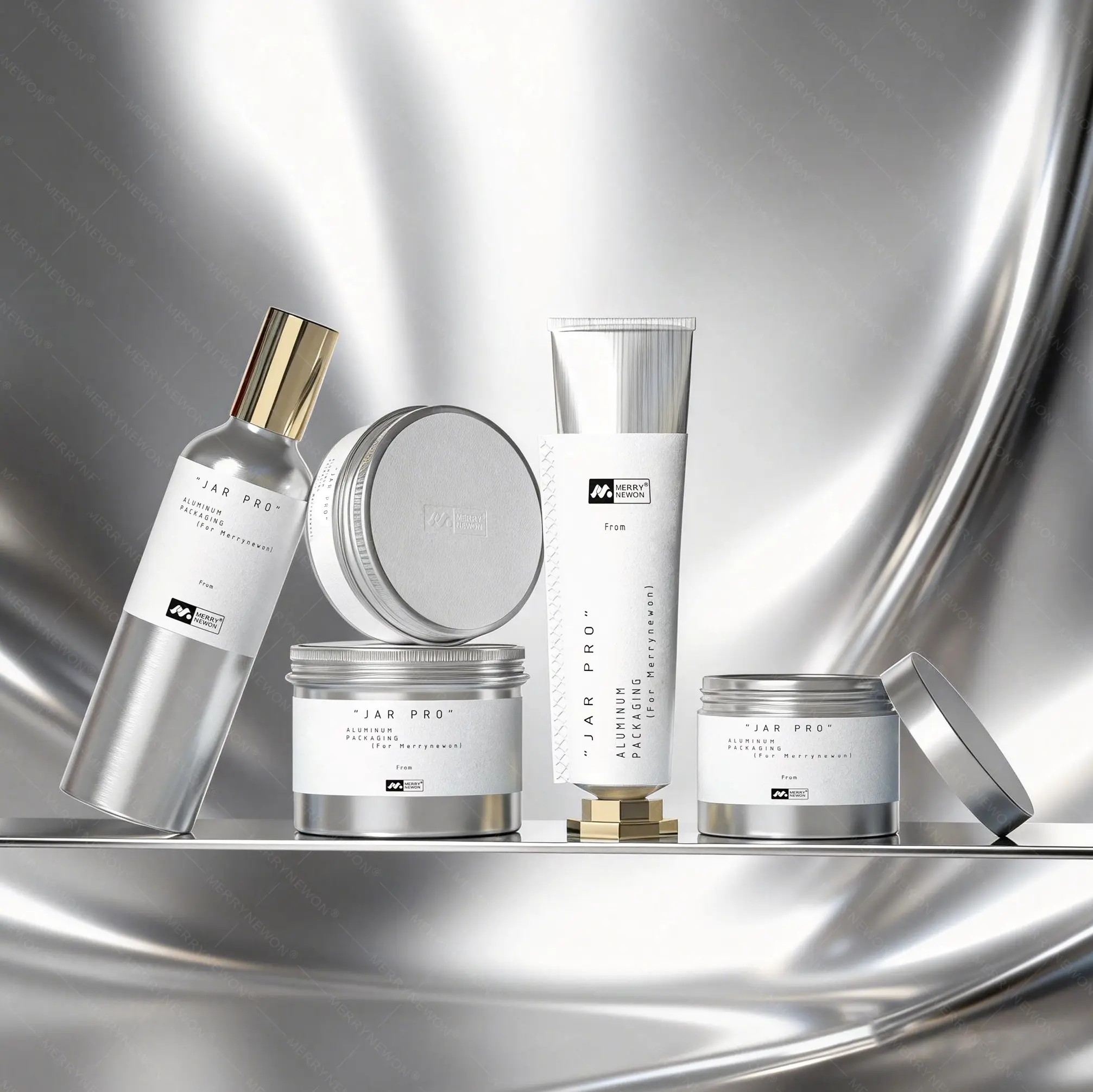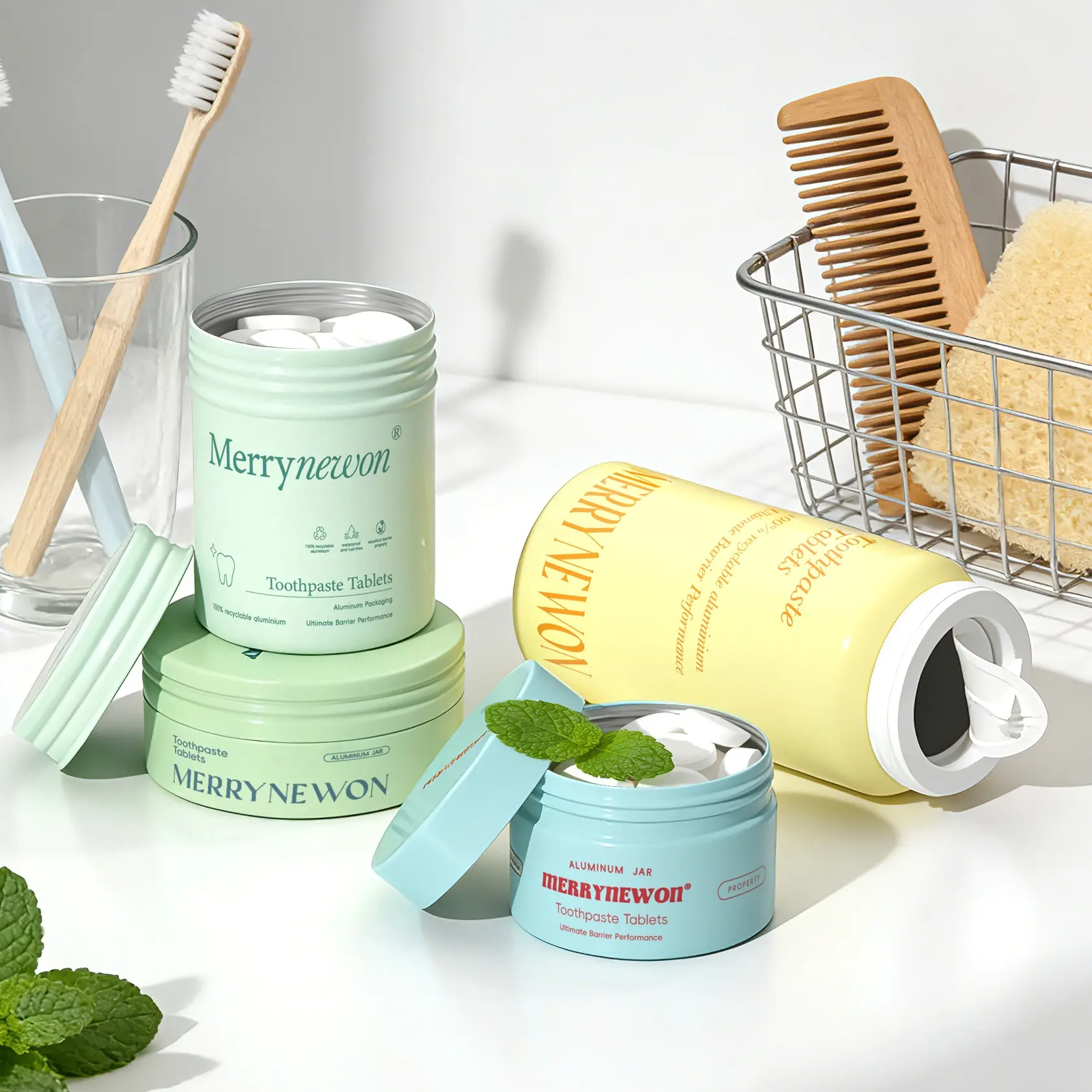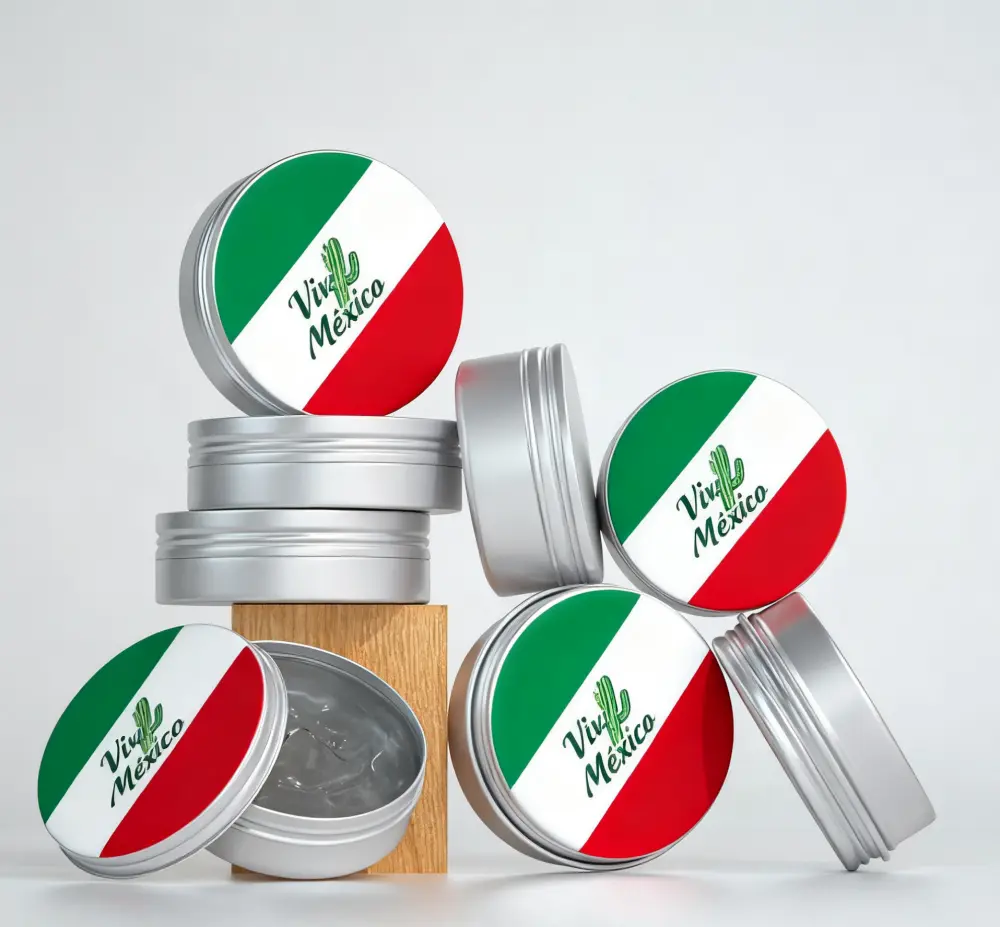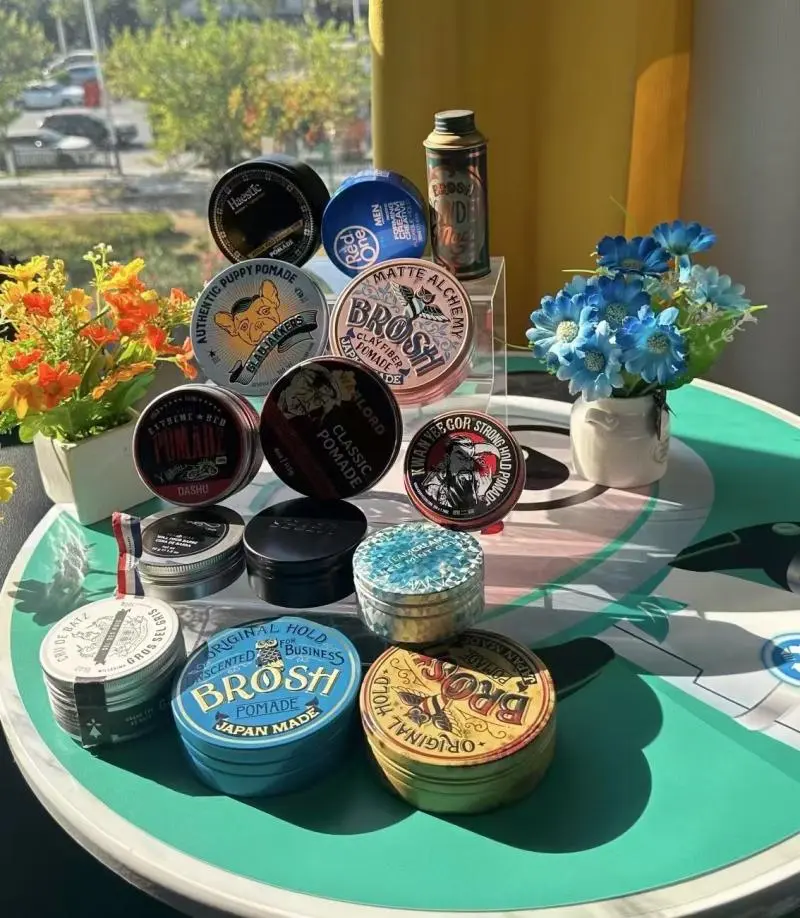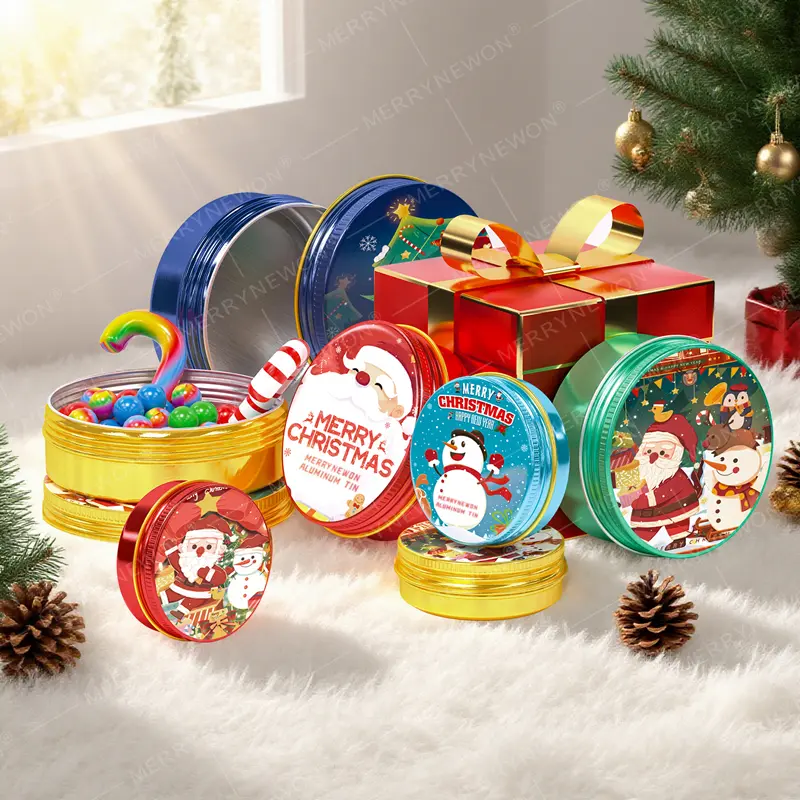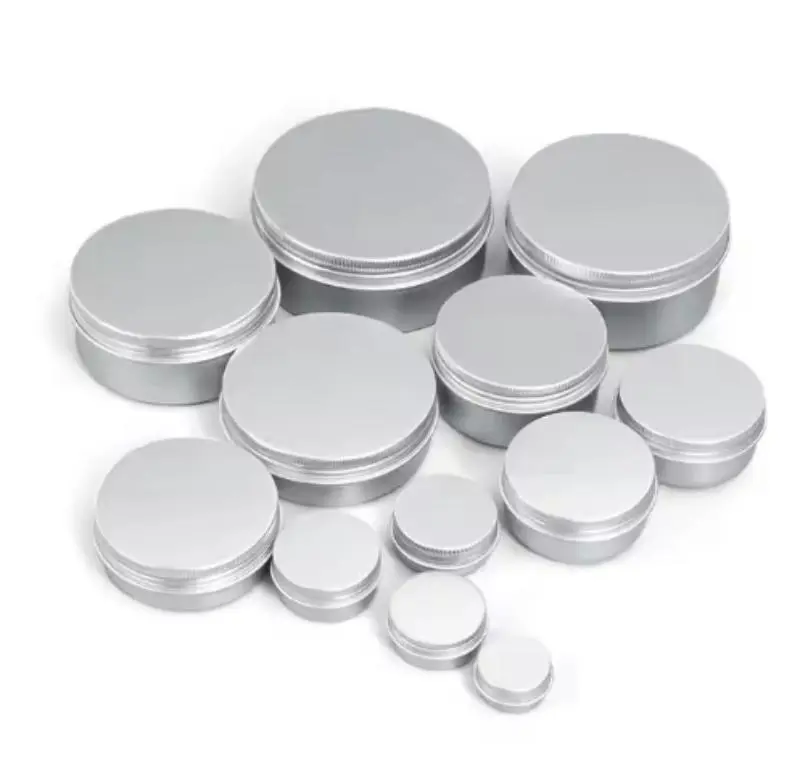 +8618680445103
+8618680445103 The game of plastic bottles and aluminum cans
In 2025, the Trump administration's new paper on tariffs sent shockwaves through the global consumer goods sector. With the executive order imposing a 25% tariff on imported Aluminum in place, the price ofaluminum canrose by 18% in response, directly impacting the packaging strategies of beverage giants. This article focuses on how this policy-induced packaging revolution has not only revived the game between Aluminum Cans and plastic bottles, but also forced companies to re-examine the balance between cost and environmental protection.
New tariffs hit aluminum market
In February 2025, the Trump administration's new tariff-wielding policy sent shockwaves through the consumer goods sector. With the executive order “imposing a 25% tariff on all aluminum imports,” the price of aluminum can in the U.S. rose by 18% - a blow that struck the world's largest beverage giant directly in its strategic lifeblood.
Coca-Cola CEO James Quincy in an emergency investor conference call frankly: “If the cost of aluminum cans continue to climb, we will have to adjust the U.S. market packaging ratio.” Behind this statement, hidden a cruel arithmetic problem: when the cost of aluminum per ton breaks through the threshold of $ 3,200, the proportion of plastic bottled beverages sales may surge from the current 43% to more than 60%.
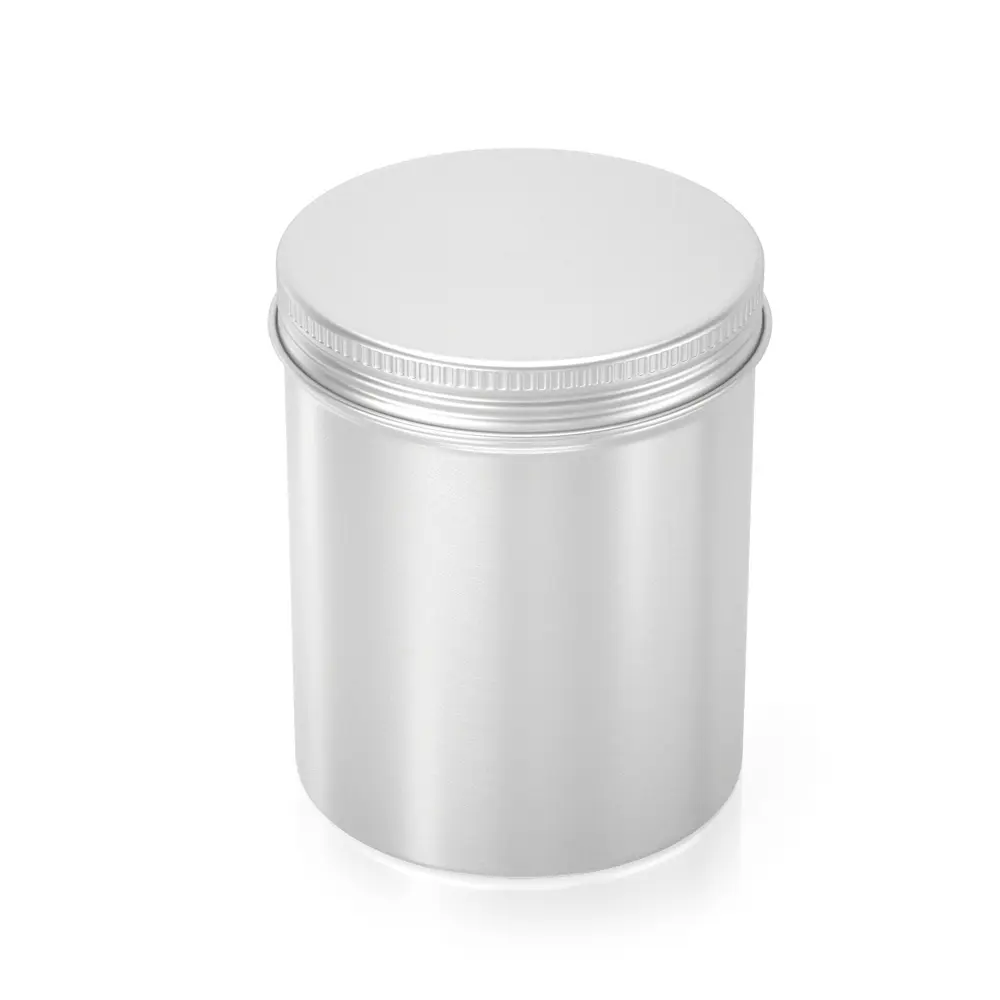
The trigger for this packaging revolution can be traced back to the Metal Sovereignty Act signed by Trump in late 2024. The bill not only eliminates tariff exemptions granted to can makers by the previous administration, but also raises tariffs on imported aluminum to a peak since 1993. The warning lights of the U.S. Geological Survey have long been on: the local aluminum production capacity can only meet 54% of the demand, Canada, China and other major suppliers of the import channel is being gradually narrowed.
The U.S. media pointed out that the U.S. government tariffs on imported steel and aluminum will have an impact on the U.S. domestic manufacturing industry. According to CNN reports, the U.S. craft beer industry bore the brunt, due to the brewing equipment relies on steel manufacturing, and product packaging requires a large number of aluminum cans. The surge in the cost of two key materials will lead to a significant increase in the price of beer for U.S. consumers, small breweries face an existential crisis.
Aluminum cans and plastic bottles of the environmental debate
All along, PET plastic bottles are the main force of beverage packaging. With the global low-carbon sustainable trend sweeping through various industries, plastic has become the primary target of the green revolution in packaging due to its low recycling rate and high energy consumption. A large number of alternatives have gained a warm following. Among them, aluminum cans with high recycling rate and high environmental contribution are recognized as the preferred alternative to plastic packaging.In 2018, Life Water, a UK-based mineral water brand, had launched aluminum can for packaging mineral water as part of its collaboration with the Natural History Museum in London.
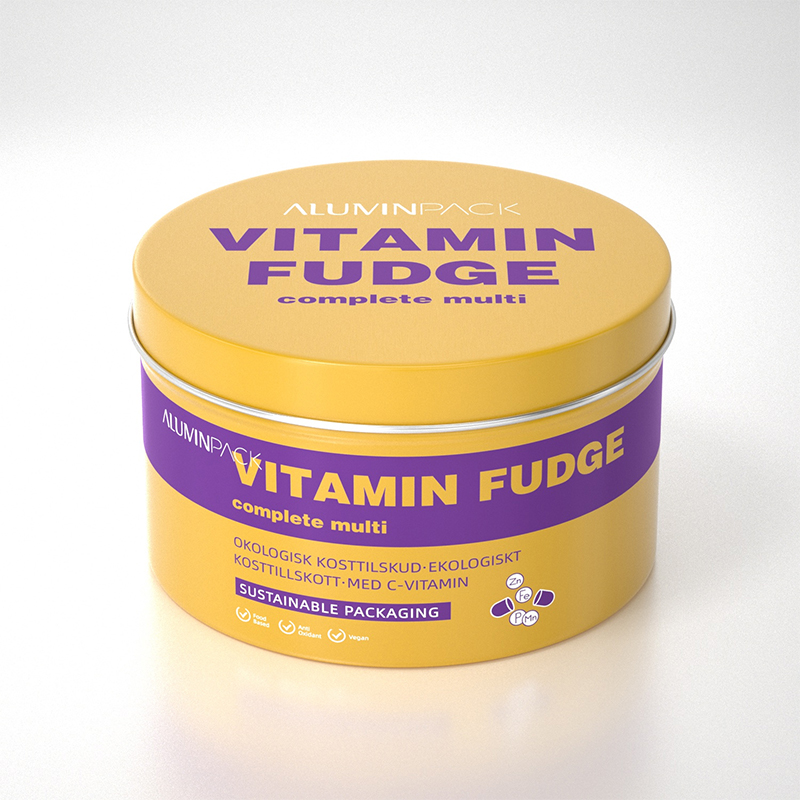
Data shows that aluminum containers are more than twice as likely to be recycled as their plastic, glass, and carton counterparts; aluminum also has a much smaller footprint for the recycling, transportation, and distribution process than other liquid packaging alternatives such as plastic and glass. And aluminum is a higher-value commodity, so manufacturers have a greater incentive to recycle and reuse this environmentally friendly material.
Aluminum cans have been used for a long time in categories such as carbonated beverages, beer and milk powder cans. With China's environmental protection requirements, the improvement of aluminum packaging technology, and the inherent excellent performance of recycling, the market scale and production volume of aluminum packaging have continued to grow. 4 years ago, BY-HEALTH launched F6 Super Shot, a plant-based energy drink packaged in aluminum bottles, and Beijing Erguotou took the lead in the industry by adopting aluminum bottles to package white wine, all of which have brought significant demonstration effects to their industries.
summary
The change of packaging materials, along with the development of industrial technology and the enhancement of consumer awareness, shows a spiral process. From the most basic protective function, to enhance the consumer experience, and then in line with the concept of low-carbon green, the evolution of packaging is always a number of materials in parallel forward, in the process of competing with each other to complete the overall upgrade.










